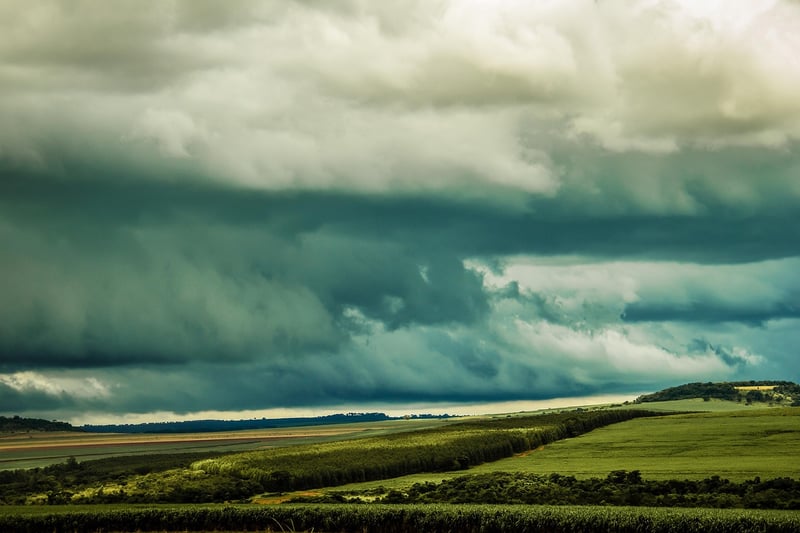Temporal Wars
Risks of Altering History and Temporal Wars
History serves as a crucial foundation upon which the present and future are built. The concept of altering historical events or timelines, deliberately or accidentally, poses significant risks and consequences. Let's delve into the dangers of tampering with history and the potential outcomes that could lead to temporal wars.
The Butterfly Effect
One of the primary risks associated with changing history is the butterfly effect. This theory suggests that even minor alterations in the past can have far-reaching and unpredictable effects on the future. A seemingly insignificant change could cascade into major consequences, reshaping the course of events in unforeseen ways.
Loss of Cultural Heritage
Altering history could result in the loss of cultural heritage and identity. Historical events, artifacts, and traditions are integral to preserving a society's roots and understanding its evolution over time. Changing these elements could erase valuable aspects of a community's identity and heritage.
Creation of Parallel Timelines
Attempts to alter history could potentially lead to the creation of parallel timelines or alternate realities. These divergent timelines may coexist, causing conflicts and disruptions as different versions of events clash. The existence of multiple timelines could destabilize the fabric of reality and trigger temporal wars.
Temporal Wars
Temporal wars are conflicts that arise from disputes over historical alterations or attempts to control the timeline. Factions or individuals seeking to manipulate history for personal gain or ideological reasons may clash with those aiming to preserve the integrity of the timeline. Temporal wars can result in chaos, paradoxes, and existential threats to existence itself.
Preserving the Timeline
While the temptation to change history may be strong, it is essential to recognize the risks involved and the importance of preserving the timeline. By respecting the integrity of historical events and allowing the timeline to unfold naturally, we can avoid the pitfalls of temporal manipulation and safeguard the stability of reality.

Ultimately, the risks of altering history and the potential for temporal wars underscore the delicate balance of the timeline and the need for caution when tampering with the past. By understanding these risks, we can appreciate the significance of preserving history and ensuring the continuity of time.
